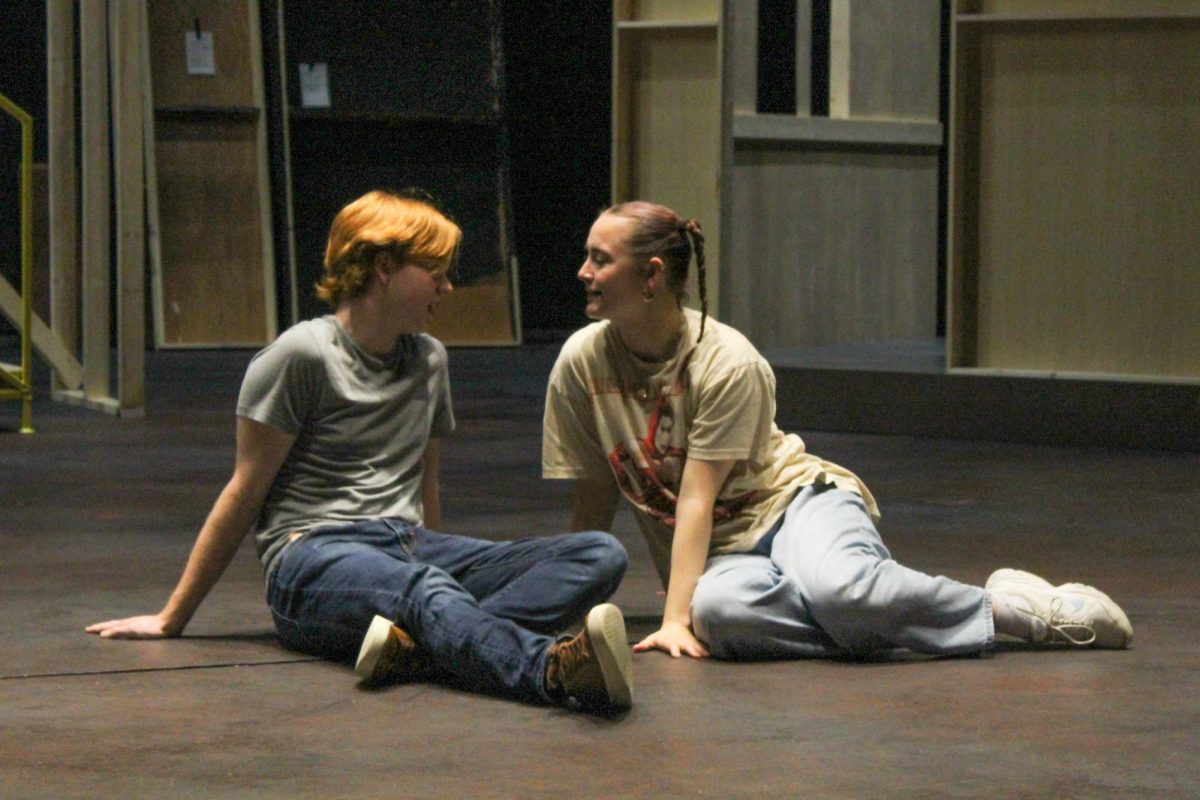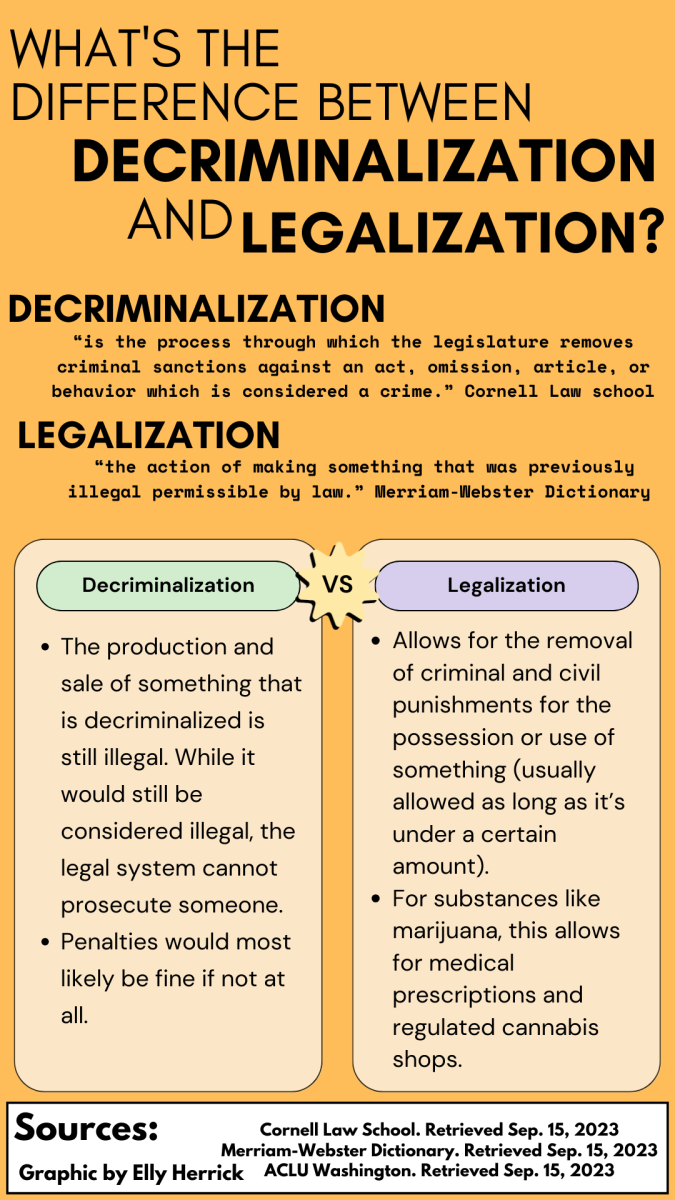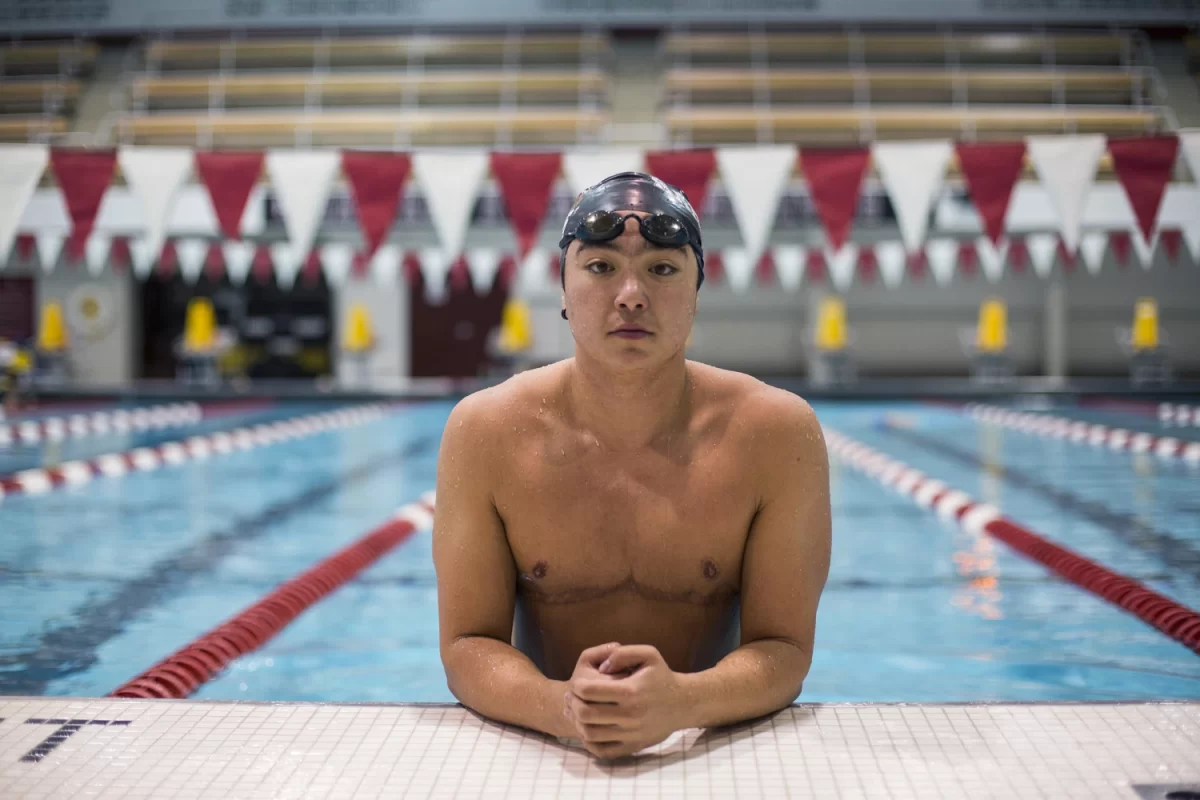Abby Derkson/Winonan
Winona State University’s Student Senate works with the students, for the students. Treasurer Jessica Hepinstall could not stress this enough.
Located in the Student Activity Center, the Student Senate office is a place where all students are welcome. It is there that their representatives work to ensure that students have their needs met at a university and state level. “We want things to change, like tuition and fees, cheaper textbooks, better rates, whatever it may be,” Hepinstall said.
Student Senate is also responsible for allocating money to all other campus organizations. Beyond Student Senate’s influence on the university and state legislature, any student in a club or organization is directly affected by their decisions.
One way students can voice their concerns to their representatives is through Senate meetings. During the Senate’s weekly Wednesday meetings, a student can voice his or her opinion as part of the gallery; or, if they prefer, they can simply come to the meetings and listen. While there are 28 Senate positions available to students, one does not need to be a student to participate in the meetings.
Another type of student involvement the Student Senate stresses is participation in elections. In the general elections, there are various positions available to students of each college and class. Currently, there are positions available for Freshmen, At-Large and a Graduate position that often goes unfilled.
The task then becomes finding the best way to reach those students that are generally uninformed. On average 2,000 students vote in these elections, and the Student Senate looks to increase these numbers by encouraging all students to vote. That makes campaigning and appealing to students a crucial part of the election process.
Social media recently has become a way to connect with students. One person’s Facebook status has the ability to spark a firestorm, and because of its speed, can be more effective than word-of-mouth alone. President Tim Comes agreed. He and the other executives have been working to increase student involvement through various media outlets like email, Facebook and Twitter.
If a student is interested in joining the Student Senate, he or she can submit an application and campaign for one of the open positions after first sitting through a few meetings to make sure it is something they want to be involved in. From there, students vote for the candidates they wish to represent them.
“What the students want,” Hepinstall said, “is what the Student Senate wants, and every student has a right to a say.”
Contact Abby at [email protected]



































































